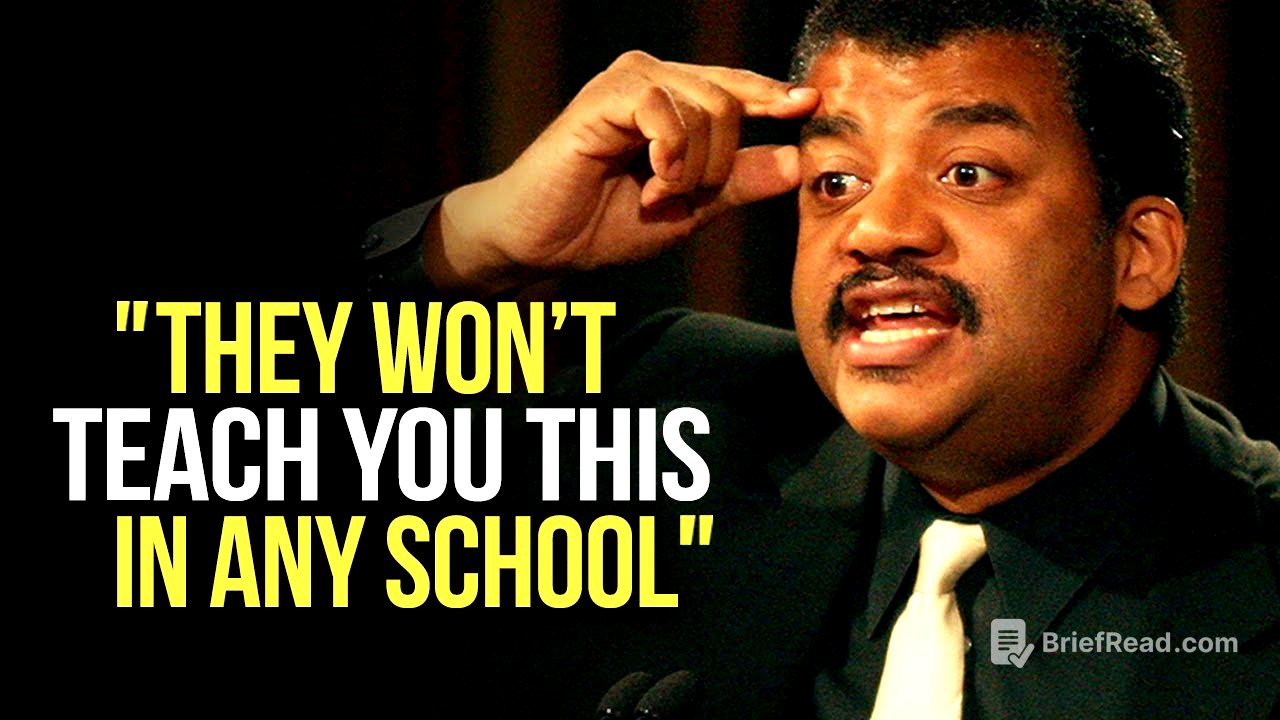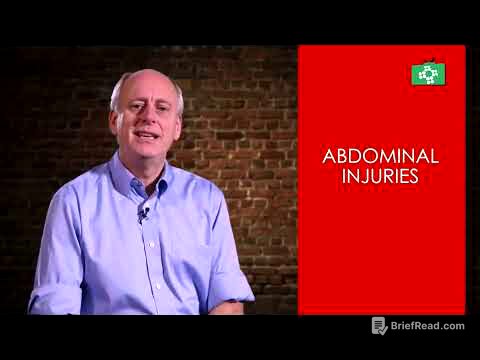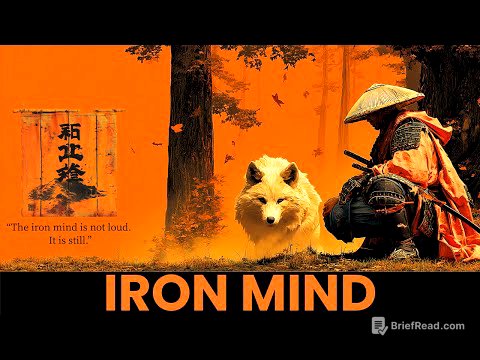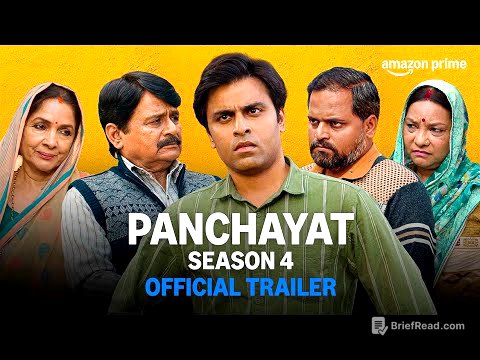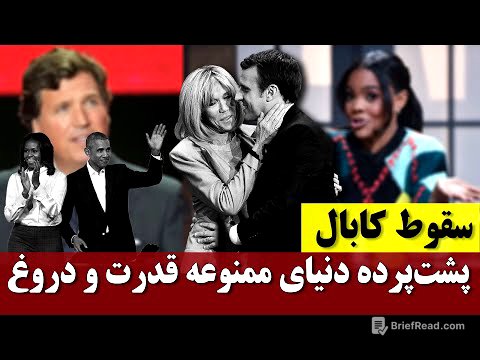TLDR;
Neil deGrasse Tyson shares his perspectives on impact, meaning, curiosity, and navigating a fractured world. He emphasizes empowering others to think for themselves, creating meaning through personal growth and helping others, and retaining childhood curiosity into adulthood. He also discusses the importance of celebrating differences, developing resilience against negativity, and approaching learning with a duty to serve the greater good.
- Empowering others to think independently is the greatest impact.
- Meaning is created through personal growth and helping others.
- Retaining childhood curiosity is essential for lifelong learning.
- Resilience and understanding are key to navigating a fractured world.
- Duty to the greater good drives impactful action.
Impact and Legacy [0:00]
Neil deGrasse Tyson defines his desired impact as empowering people to learn and think for themselves, to the point where his own influence becomes irrelevant as they develop their own understanding. He believes true teaching involves equipping individuals with the tools to analyze the world independently, rather than relying on his authority. Tyson hopes his legacy will be that humanity is better off because he lived, not through personal accolades, but through genuine contributions to society. He emphasizes the importance of giving without expecting anything in return.
Creating Meaning in Life [1:34]
Tyson asserts that meaning in life is not something to be found, but something to be created. For him, meaning comes from expanding his knowledge of the world and lessening the suffering or enhancing the lives of others. He highlights the significance of small gestures that can add value to someone's life, viewing it as a responsibility to leverage his time and resources for the benefit of others.
The Essence of True Education [2:53]
Tyson contrasts true education with the conventional school system, arguing that the focus should be on fostering curiosity, initiative, and a drive for lifelong learning rather than rote memorization and high grades. He criticizes the school system for often stifling curiosity and emphasizes that education should be a commencement, a beginning of continuous learning, rather than an ending. The goal is to equip students with the ability to learn and explore beyond the confines of formal education.
Lessons from His Father [4:24]
Tyson shares an impactful story about his father, who defied expectations and became a world-class runner after being told he didn't have the right body type. He also recounts an incident where his father's friend used a racist remark as motivation to win a race. Tyson emphasizes that his father used such experiences not with bitterness, but as opportunities to excel and overcome adversity, a lesson Tyson has carried with him.
The Influence of Carl Sagan [7:37]
Tyson recounts how Carl Sagan's personal invitation to visit Cornell University significantly influenced his life. Sagan's generosity and willingness to mentor a young, unknown student left a lasting impression on Tyson, who resolved to treat students with the same kindness and support if he ever achieved similar fame. This experience reinforced the importance of creating meaning through mentorship and guidance.
Nurturing Curiosity in Children [9:21]
Tyson discusses his and his wife's approach to raising their children, focusing on preserving their natural curiosity. He uses examples such as allowing children to experiment with their environment, even if it means extra work or mess, and encouraging them to explore and learn through experience. Tyson believes that adult scientists are essentially kids who never lost their curiosity.
Navigating a Fractured World [11:41]
Tyson addresses the tribalization enabled by the internet and social media, emphasizing the importance of celebrating differences rather than creating divisions. He references Martin Luther King's quote about not being ridden unless one's back is bent, and contrasts the current sensitivity to hurtful words with the past emphasis on resilience. Tyson advocates for developing a strong sense of self and not being easily swayed by negativity, viewing obstacles as challenges to overcome.
Learning and Duty [14:58]
Tyson shares his approach to learning new topics, which involves reading diverse perspectives to understand how others think. He emphasizes the importance of educators meeting learners on their own terms. Tyson states that his public work is driven by a sense of duty, stemming from his belief that if he can contribute to the greater good, he is obligated to do so.
